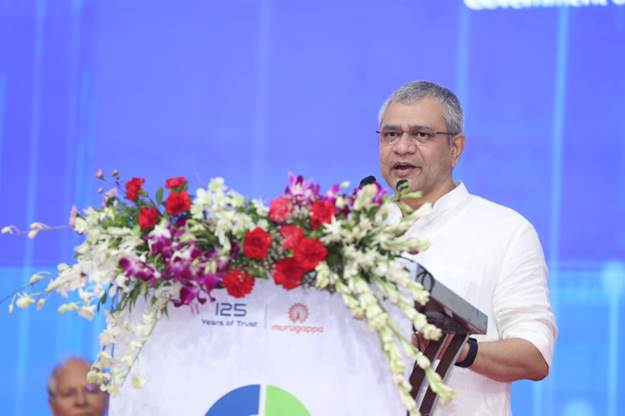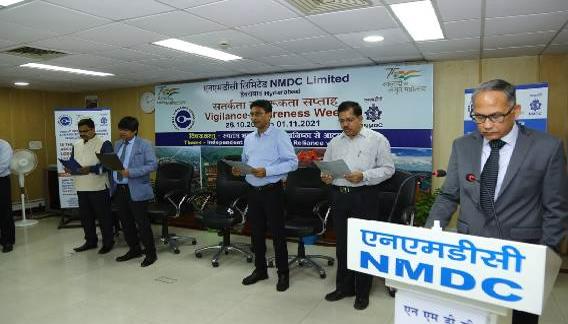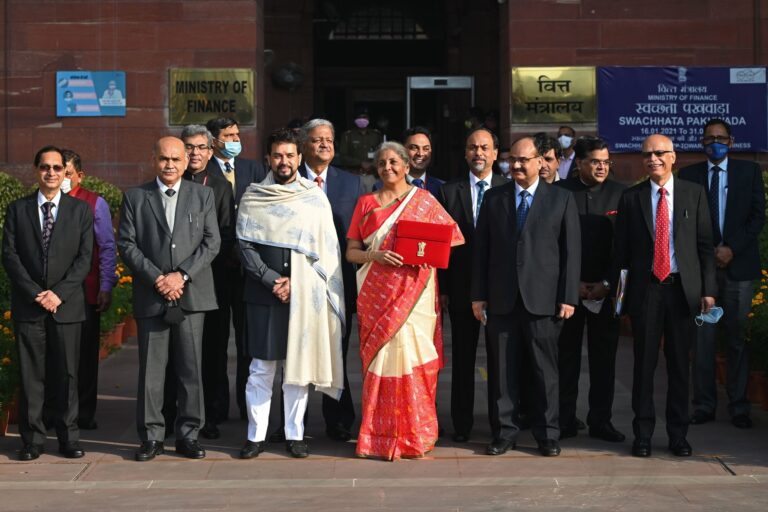
New Delhi — The Government of India has given a significant boost to domestic electronics manufacturing by approving seven major projects under the Production Linked Incentive (PLI) scheme for Electronics Components Manufacturing. This move was announced by Union Electronics and IT Minister Ashwini Vaishnaw. It represents an investment commitment of ₹5,532 crore and is projected to result in a substantial reduction of the country’s import bill by approximately ₹20,000 crore.
Investment and Scope of Approved ECMSProjects
The approved projects have been selected from a total of 249 proposals received under the schem. They focus on critical, high-value components essential for various electronics segments. The components to be manufactured include multi-layer Printed Circuit Boards (PCBs), camera modules, copper laminates, and polypropylene films used in capacitors for consumer electronics. These key components are vital for products such as smartphones, laptops, CCTV equipment, and tablets.
The approvals signal a major push towards Atmanirbhar Bharat (Self-Reliant India) by targeting areas where dependency on imports is historically high. Specifically, the initiative aims to localise the supply chain for complex components. The Electronics and IT Secretary, S Krishnan, confirmed that the combined investment of ₹5,532 crore is also expected to generate over 5,100 employment opportunities. It will significantly contribute to job creation in the high-tech sector.
Key Beneficiaries and Domestic Capability
Four of the seven approved projects belong to the Kaynes Group, with investments totalling ₹3,280 crore focused on high-density interconnect (HDI) PCBs, standard multi-layer PCBs, and camera module sub-assemblies. The remaining approvals were granted to one project each from the Syrma Group, Ascent Circuits (part of the Amber Group), and SRF Limited.
Of particular note is the development of indigenous capability in camera module production. This marks the first time camera modules will be manufactured in India without dependence on foreign technology partners. It showcases a maturing domestic technological base. Furthermore, the approved production of copper laminates and polypropylene films is anticipated to meet 100 per cent of the domestic demand for these raw materials. It will eliminate import reliance entirely for these specific components.
The initial phase of approved PCB projects is set to meet 27 per cent of the total domestic demand. The camera modules will cover 15 per cent of the country’s requirement. These figures are expected to grow as more projects receive final clearance. In fact, the scheme has received total investment proposals worth ₹1.15 lakh crore. The first phase of the scheme’s proposal window closed on September 30. But the window for capital equipment investment remains open, promising further expansion in the near future. This strategic government intervention is foundational to making India a global hub for electronics component manufacturing.
ECMS: Policy Context
This latest round of approvals underscores the government’s commitment to the Electronics Component Manufacturing Scheme (ECMS). The scheme is designed to incentivise large-scale manufacturing and attract significant investments in the electronics sector. The goal is not just assembly, but deeper integration into the global value chain through specialised component production. This aligns directly with broader industrial policies aimed at boosting exports and achieving scale. The government’s proactive stance is paving the way for a more resilient and self-sufficient electronics ecosystem in India.
For official updates, please visit the Ministry of Electronics and Information Technology (MeitY) website.





